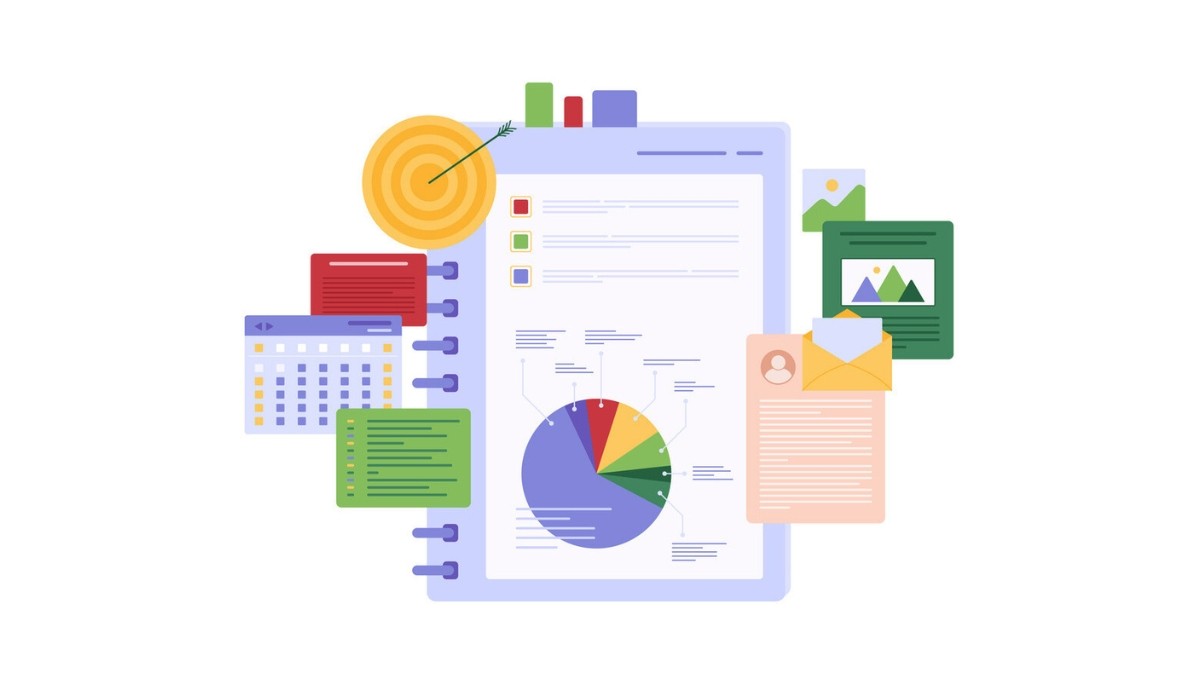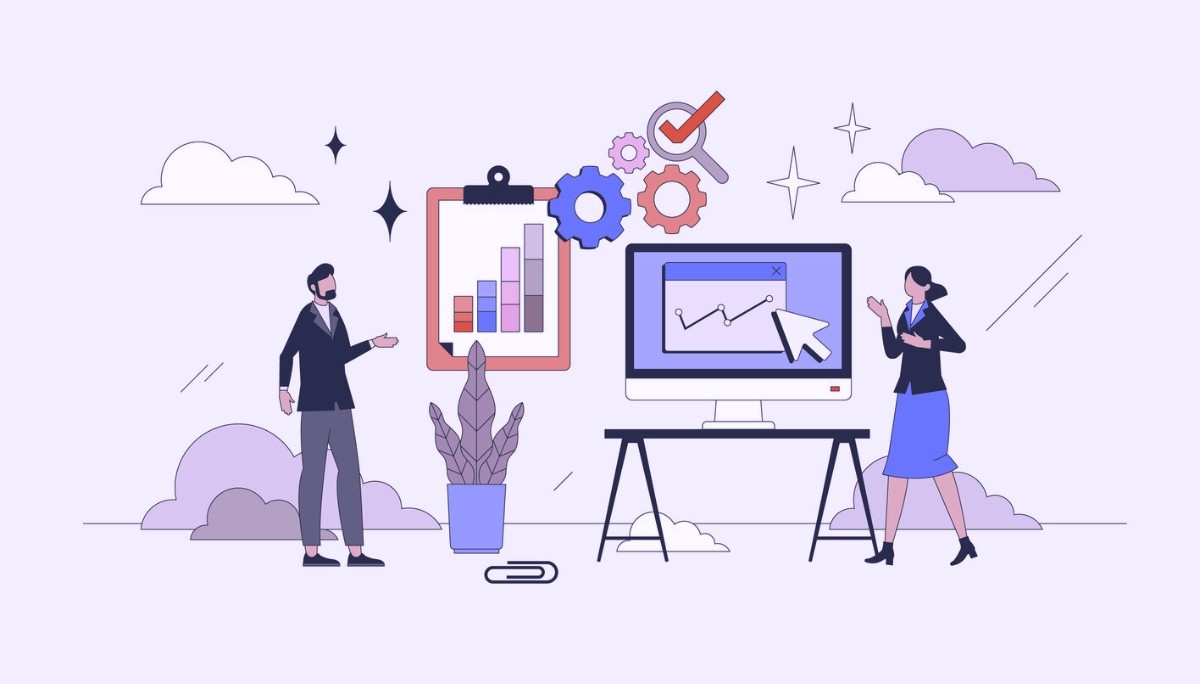Best Ways to Practice Python Programming and Improve Your Skills
By
Ethan Fahey
•
Oct 14, 2025

Looking to sharpen your Python skills? The best way to improve is through hands-on practice, from tackling small coding challenges to building real-world projects that test your problem-solving abilities. Interactive learning platforms and collaborative tools can also accelerate your growth. With Fonzi AI, recruiters and AI-focused teams can connect with skilled Python developers or upskill their teams efficiently, ensuring they stay ahead in the fast-moving tech landscape.
Key Takeaways
Master the basics of Python, including variables and control flow, before moving on to intermediate topics.
Engage with online exercises and interactive learning platforms for consistent practice and immediate feedback.
Apply your skills through real-world projects and coding quizzes to solidify your understanding and track your progress.
Start with Python Basics

Every great journey begins with a single step, and for aspiring Python developers, that step is mastering the basics. Understanding fundamental concepts such as variables, data types, and control flow lays a solid foundation for more advanced topics. Python tutorials often start with these essential building blocks, introducing:
variables
strings
Boolean values
lists
tuples
dictionaries.
Start by listing some forbidden forms of the keyword “conditional statements” according to Rule 5. Then, find out if there’s a chance to incorporate the keyword without making any extra assumptions, according to Rule 2. Start with simple exercises that cover topics like control flow, loops, and built-in functions. These exercises help you understand how to man
Online Python Exercises
Once you have a grasp of the basics, it’s time to put your knowledge to the test with online Python exercises. These exercises range from beginner to intermediate levels, providing a structured path to gradually increase the difficulty. This progression ensures that you are continually challenged and learning new concepts to bolster your Python skills.
Platforms like PyChallenger are excellent for all levels, including complete beginners. They offer over 40 beginner Python exercises, which are designed to help you practice Python coding in a variety of scenarios. The first course on PyChallenger is free to use, making it accessible to everyone who wants to start their Python journey.
Engaging with these online exercises not only helps reinforce your understanding but also allows you to apply what you’ve learned in practical scenarios. So, whether you’re working through simple practice problems or more complex coding challenges, these resources are invaluable for anyone looking to learn Python and improve their coding skills.
Interactive Learning Platforms

In the digital age, interactive learning platforms have revolutionized the way we learn to code. These platforms provide a hands-on approach, allowing you to write code directly in your browser and receive immediate feedback. This interactive experience is crucial for solidifying your understanding and keeping you engaged throughout your learning journey. Additionally, you can log your progress to track your improvements.
Some platforms for learning Python include:
PyChallenger, which offers interactive coding tasks that cater to all skill levels.
LearnPython.org, which provides interactive tutorials that allow you to practice Python in a real-time environment.
DataCamp, which offers video lessons led by expert instructors and hands-on coding challenges.
Creating an account on these platforms helps track your progress and ensures that you are continually advancing in your Python skills. By joining these interactive learning communities, you gain access to a wealth of resources and a supportive network of fellow learners. So, don’t hesitate to dive into these platforms and make the most of the interactive learning experience.
Real-World Projects

Learning through real-world projects is one of the most effective ways to practice Python and solidify your understanding. These projects allow you to apply the concepts you’ve learned in practical scenarios, enhancing your coding skills and building a portfolio that showcases your abilities.
Start with small projects, such as building a command-line to-do app. This type of project helps you understand project structure and reinforces basic programming concepts. As you gain confidence, you can move on to more complex tasks like creating web automation scripts using tools like Selenium. These projects are not only practical but also enhance productivity by automating repetitive tasks.
For those interested in data science, Python exercises often involve:
Using libraries like pandas and NumPy for data manipulation and analysis.
Honing visualization skills with tools like Matplotlib and Seaborn to create informative graphs and charts.
Engaging in hands-on projects to significantly enhance memory retention of Python syntax and concepts.
Collaborating with peers and contributing to open-source projects offers valuable learning experiences and community engagement. Pair programming, where two developers work together on the same code, allows for shared problem-solving and different perspectives. Teaching others what you’ve learned can further solidify your understanding and highlight areas needing improvement.
Data Science and Machine Learning

Python is a powerhouse in the fields of data science and machine learning, making it essential to explore these areas if you want to expand your Python skills. DataCamp, for example, offers a variety of interactive Python tutorials focused on data science, complete with hands-on coding challenges to apply what you’ve learned.
Projects and applications to apply Python skills and explore AI include:
Analyzing movie ratings or exploring eBay car sales data to work with real datasets.
Building machine learning models, such as logistic regression or decision tree models, to dive deeper into AI and predictive analytics.
Developing chatbots utilizing concepts like prompt engineering and conversation management for practical AI applications.
Combining creativity with coding, you can develop games or data visualization applications that not only showcase your Python skills but also provide a fun and engaging way to learn. So, take the plunge into data science and machine learning, and unlock new dimensions of your coding journey.
Coding Quizzes and Exams
Self-assessment is a critical component of learning, and coding quizzes and exams are invaluable tools for this purpose. They help evaluate your programming knowledge effectively, identify areas for improvement, and keep you motivated. Platforms like Pychallenger offer engaging quizzes that enhance the learning experience.
Each correct answer in these quizzes earns points, allowing you to track your progress and see how much you’ve improved over time. Regular participation in quizzes ensures that you are consistently advancing your Python skills and staying on top of your learning goals.
So, take advantage of these quizzes and exams that have been carefully designed to gauge your understanding and continue to grow as a Python programmer.
Pro Tips for Effective Practice

Effective practice is key to mastering Python, and there are several pro tips that can help you along the way:
Setting clear practice goals helps focus your learning and improves skill acquisition.
Daily coding practice is essential to developing muscle memory.
Short, frequent practice sessions are more beneficial than longer, infrequent ones.
To improve your programming skills:
Utilize the interactive Python shell for learning and debugging.
Develop a systematic approach to debugging, as encountering bugs is a common part of coding.
Take handwritten notes to enhance long-term retention of programming concepts.
Incorporating breaks, like using the Pomodoro Technique, reinforces learning. Well-structured questions improve the efficiency of receiving help from others. These tips make your Python practice more effective and enjoyable.
Best Ways to Practice Python Programming and Improve Your Skills
Here are some of the best ways to practice Python programming:
Start with targeted exercises to reinforce specific topics.
Use online tutorials for flexible learning that can be done on the go, allowing you to practice Python coding whenever and wherever you like.
Utilize platforms like W3Schools that provide informal assessment tools, such as a 25-question Python quiz, to gauge your understanding without time constraints.
Interactive learning platforms, real-world projects, and coding quizzes all contribute to a comprehensive learning experience. With these resources, you can practice Python coding, improve your skills, and track your progress over time using Python code.
Here is a brief reference table of everything we’ve discussed in this article, including exercises, projects, and an interactive collection that makes use of tools, which you can use to quickly gauge what method may be best for you.
Method | Description | Benefits |
Online Exercises | Structured practice problems | Reinforce understanding, apply concepts |
Interactive Platforms | Real-time coding with feedback | Immediate feedback, progress tracking |
Real-World Projects | Practical applications of Python concepts | Enhance portfolio, gain practical experience |
Coding Quizzes | Self-assessment tools | Identify areas for improvement, track progress |
Data Science Projects | Use of libraries like pandas, NumPy, Matplotlib | Apply Python to real datasets, learn data analysis |
Machine Learning Projects | Building AI models and applications | Dive into AI, explore predictive analytics |
Summary
In summary, mastering Python requires a combination of structured exercises, interactive learning, and real-world projects. Starting with the basics and gradually advancing through online exercises helps build a strong foundation. Interactive platforms and coding quizzes provide immediate feedback and track your progress, while real-world projects offer practical experience and enhance your portfolio.
By applying these techniques and pro tips, you’ll be able to level up your Python skills and gain the confidence to take on more complex coding challenges. Consistent, hands-on practice is the key to mastering the language and opening doors to new opportunities in tech. Platforms like Fonzi AI can help connect you with skilled Python developers or AI-driven tools that streamline recruitment and skill assessment, making it easier to build or grow a high-performing technical team.
FAQ
What are the best resources for beginners to learn Python?
How can I practice Python coding effectively?
What types of projects should I work on to improve my Python skills?
How can I assess my Python knowledge?
Why is Python popular in data science and machine learning?



